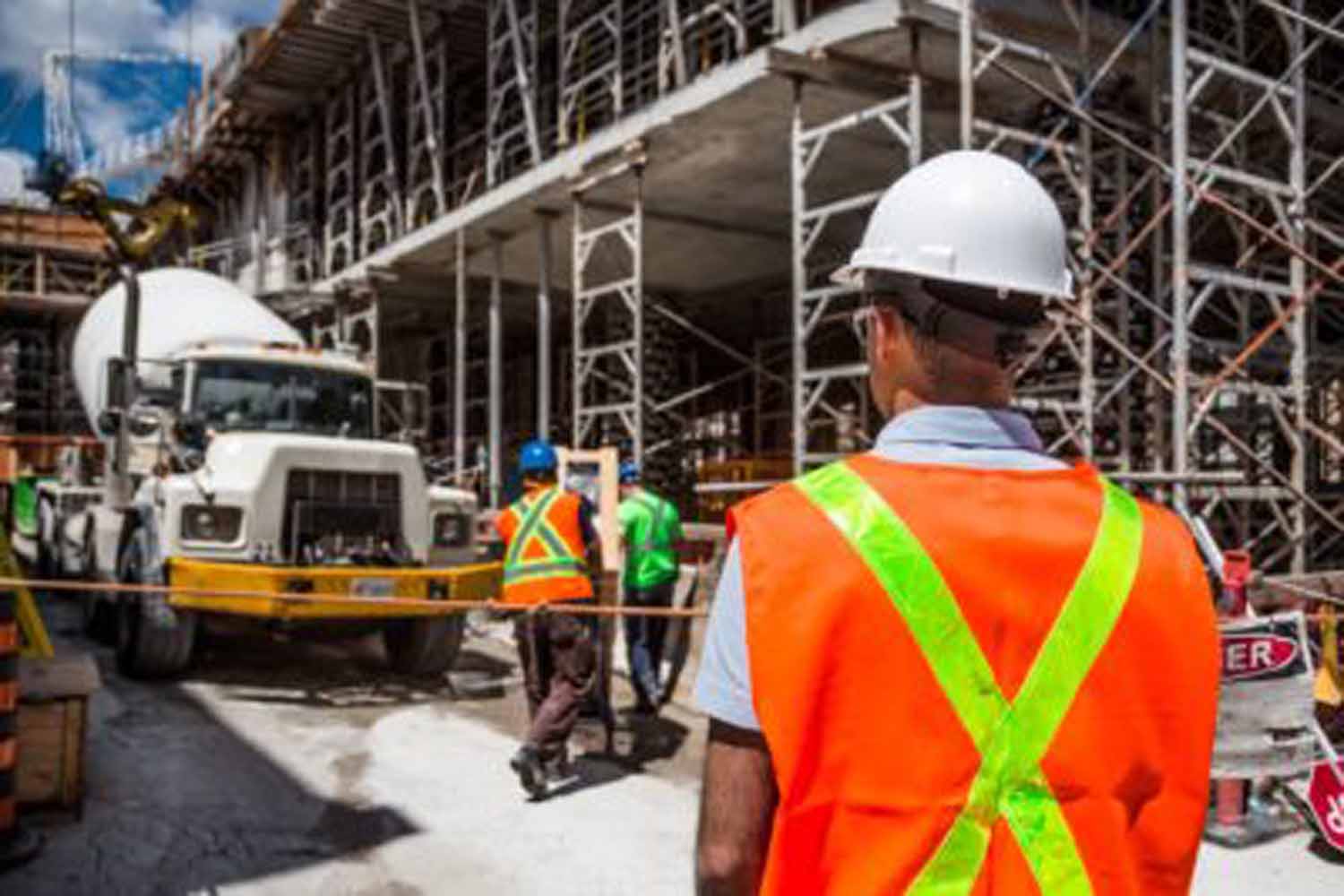
As I mentioned in a previous post, when a construction project encounters problems, and especially when a suit is filed, a property owner will seek every bit of leverage he or she can get against the contractor handling the project. This may include, for instances, threats by the property owner […]








